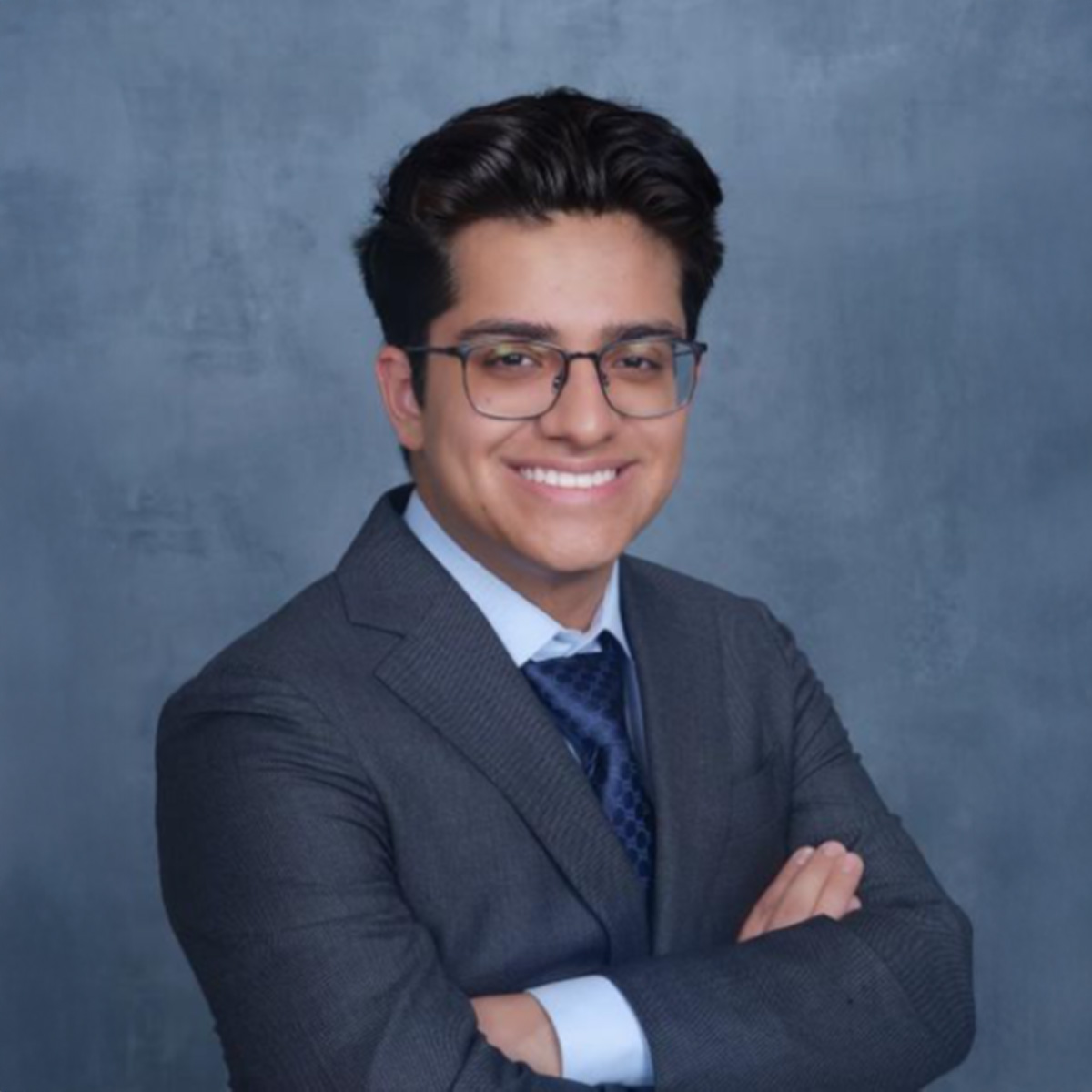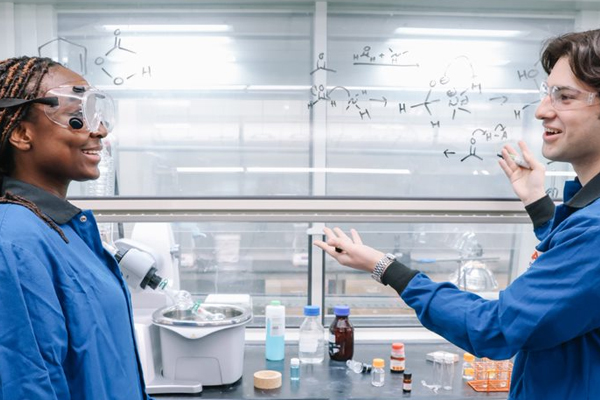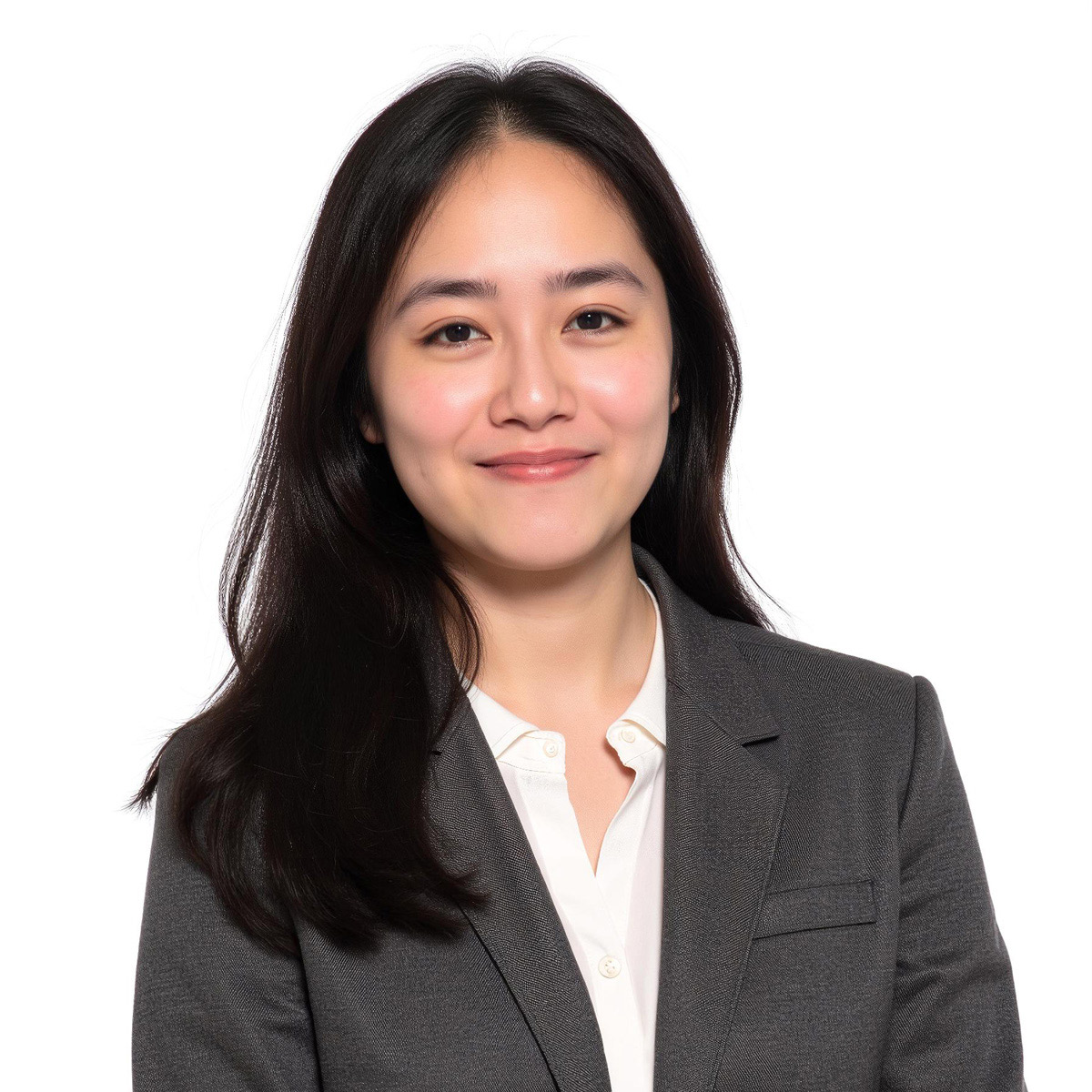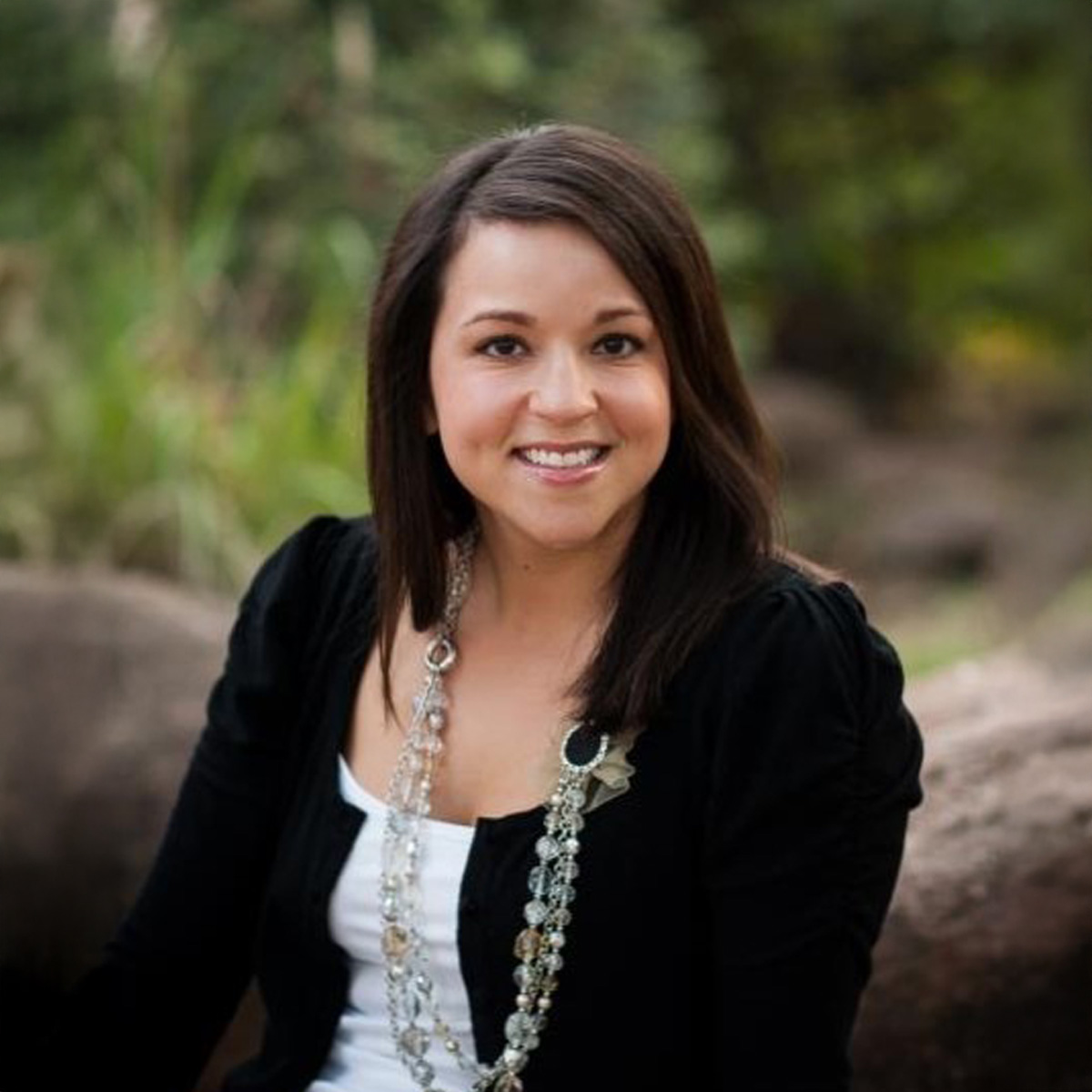Posted on November 7, 2025 by College of Sciences

Jacob Sanchez, Chemistry Major
By Lauren Garza, Administrative Assistant
Jacob Sanchez is an undergraduate student in the Department of Chemistry who is working toward his B.S. in Chemistry. Since freshman year, he has embraced every opportunity to grow academically, professionally, and personally.
Jacob conducts computational chemistry research with the Larionov Group under the guidance of Oleg Larionov, a professor in the chemistry department. He uses computer models to study how chemical reactions occur and how molecules interact. He's especially grateful to Larionov for giving him the opportunity to join the lab and for guiding him as he develops into an independent researcher.
In addition to his research, Jacob serves as an undergraduate teaching assistant in the chemistry department, helping students navigate complex concepts while honing his mentorship and communication skills. He also co-founded a nonprofit organization that provides free tutoring resources to underrepresented school districts.
Passionate about chemistry, Jacob reflected on what drew him to the field:
"Chemistry is the science where dreams become matter," he says. "I love that every concept builds on the last. It's like pulling back a curtain to reveal hidden pieces of artwork."
Jacob is also deeply involved in the American Chemical Society (ACS) student chapter, where he served as vice president before becoming president this past summer. As a student officer, he helps organize professional development workshops, networking events, and outreach programs. Highlights include Viva Science at the Witte Museum, where ACS members lead hands-on chemistry demonstrations for elementary students, and a seminar series featuring speakers from other universities, designed to expose undergraduates to advanced research opportunities.
This year, the ACS chapter was recognized with ACS's highest national ranking of Outstanding for the 2024–2025 academic year, with reviewers praising the chapter for "an impressive, well-rounded program with brilliant professional development, creative outreach, strong community building, and careful succession planning."
The award highlights the chapter's commitment to scientific engagement and student leadership, illustrating the dedication of ACS members to inspiring their peers and strengthening the STEM community at UT San Antonio.
Jacob said the award reflected the effort of all ACS members. As an officer, he helps guide and organize the chapter, but he emphasized that it's the teamwork and dedication of all members that makes the chapter exceptional.
Balancing leadership, research, and service, Jacob shared a principle that has shaped his undergraduate experience:
"It might sound cliché, but one piece of advice I'll never forget is to never give up. In research and in life, things rarely go as planned the first time, so it's important to keep trying and find a way around obstacles to reach your goals."
Drawing from his experiences, he also encourages students to fully engage in their learning by attending office hours, asking questions, studying to understand rather than memorize, and working with classmates in study groups.
He reflected on the professional growth he's gained through ACS, noting that his involvement has helped him build stronger interpersonal skills and grow as a leader. Through his work in ACS, research, teaching, and community service, Jacob has developed as a mentor, leader, and advocate for science education.
Jacob explained that being a student officer is challenging but incredibly rewarding because it allows him to create opportunities for his peers and the next generation of scientists. He said the chapter's goal is to provide students with the tools, confidence, and connections they need to succeed in STEM. He has learned that leadership isn't about doing everything yourself. Instead, it's about supporting your team, uplifting others, and helping everyone reach their potential.
Jacob plans to pursue a PhD in organic chemistry, aiming to build a career in academia where he can lead his own research lab.

Explore the Chemistry Department!
Promoting scientific literacy through creative research and advances in education, including collaborations within and beyond the university. Students have access to strong research programs, state-of-the-art resources, and competitive financial support.
Recent Chemistry Spotlights
View More Spotlights



